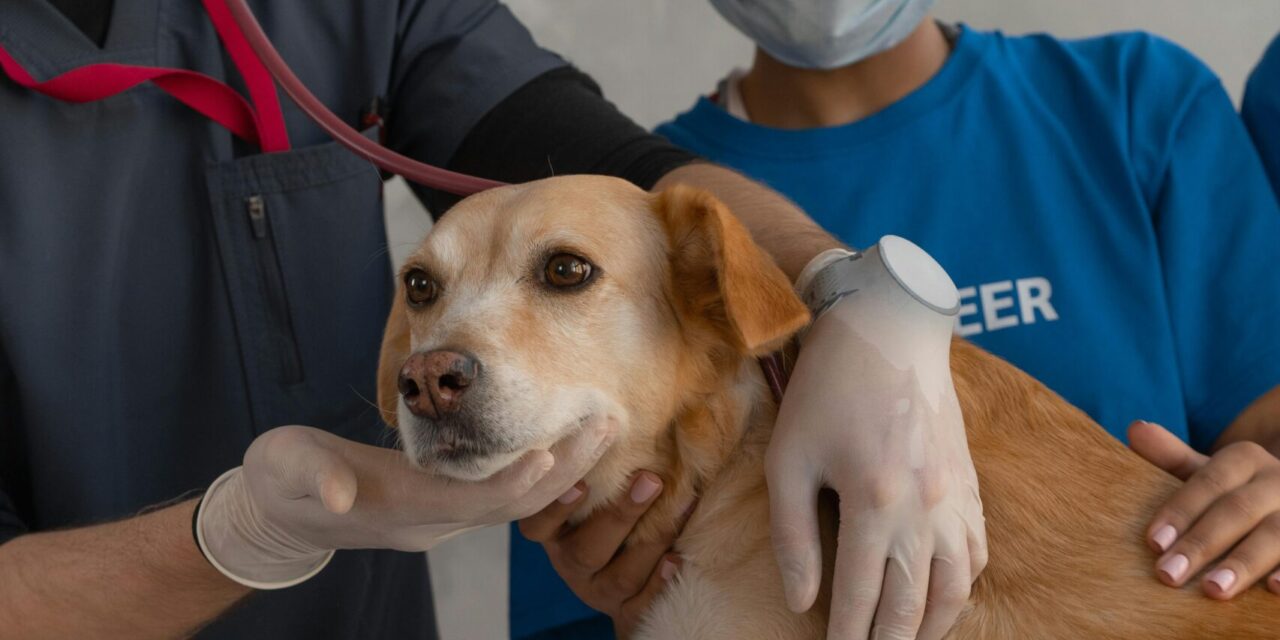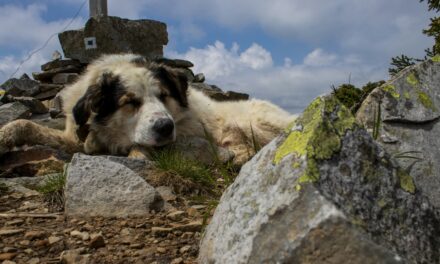The Academy of Veterinary Physiotherapy has introduced a portfolio of qualifications aimed at making a career in veterinary physiotherapy more accessible.
These new courses provide an alternative route to university, offering a structured pathway to a Level 6 qualification in veterinary physiotherapy.
For many aspiring veterinary physiotherapists, high university fees and student debt can be significant barriers. The Academy of Veterinary Physiotherapy aims to address these concerns with three new qualifications that allow learners to progress to a degree-equivalent Level 6 qualification. The courses provide qualifications at Levels 4 and 5, enabling students to start working in the field within approximately nine months.
Growing Demand in the Pet Market
The UK pet market is valued at £5.9 billion and continues to grow. Qualified veterinary physiotherapists can expect to earn up to £25,000 per year, with senior professionals earning up to £65,000 annually. Wendy Vaughan, founder of the Academy of Veterinary Physiotherapy, highlighted the increasing demand for skilled services in the pet and animal care sector, driven by the growing number of pets and advancements in veterinary services.
The Academy of Veterinary Physiotherapy offers a practical and inclusive approach to learning. Wendy Vaughan, a registered therapist with IRVAP, RAMP, and AHPR, emphasised the importance of making this career accessible to anyone passionate about animal welfare. The Academy’s courses are accredited by the Register of Animal Musculoskeletal Practitioners (RAMP), ensuring high standards similar to those in human care.
The Academy provides three regulated qualifications through the iPET Network: a Level 6 Diploma in Veterinary Physiotherapy, a Level 5 Diploma in Animal Sports Massage and Rehabilitation, and a Level 4 Diploma in Animal Sports Massage. These courses are suitable for a wide range of individuals, including dog groomers, equine grooms, hydrotherapists, trainers, massage practitioners, and veterinary nurses.
Practical and Theoretical Learning
The Academy’s qualifications combine practical and theoretical learning across various animal species, with a focus on canines and equines. Students gain technical knowledge and skills, alongside support for personal and professional development. The flexible, blended learning courses are delivered by Wendy Vaughan and her experienced team.
The curriculum covers a wide range of topics essential for veterinary physiotherapists. Students learn about anatomy, physiology, musculoskeletal anatomy, orthopaedics, neurology, biomechanics, locomotion, and exercise physiology. The courses also include training in exercise prescription, rehabilitation, and advanced clinical reasoning skills.
Wendy Vaughan stated, “It was important when we created the courses that they had a strong focus on animal health, behaviour and welfare. There are also key specifics relating to the industry, legislation, regulation and working effectively as part of the multi-disciplinary team.”
Preparing for a Rewarding Career
Students will also learn about pathology, injury, illness, disease, musculoskeletal dysfunction, pain management, and tissue healing. Building on a foundation of sports massage and soft tissue skills, the courses teach the safe use of electro-physical agents (EPAs) and how to conduct physiotherapy assessments and design effective treatment plans.
Wendy Vaughan concluded, “I am proud to have worked with iPET Network to develop this trio of qualifications, which will make these fields of veterinary science more accessible than ever, while maintaining all-important best practice.”
By providing an accessible and comprehensive education pathway, the Academy of Veterinary Physiotherapy is helping to ensure that passionate individuals can pursue their dream careers in animal care. The courses’ emphasis on high standards and practical skills prepares graduates to meet the growing demand for veterinary physiotherapists in the UK and beyond.







